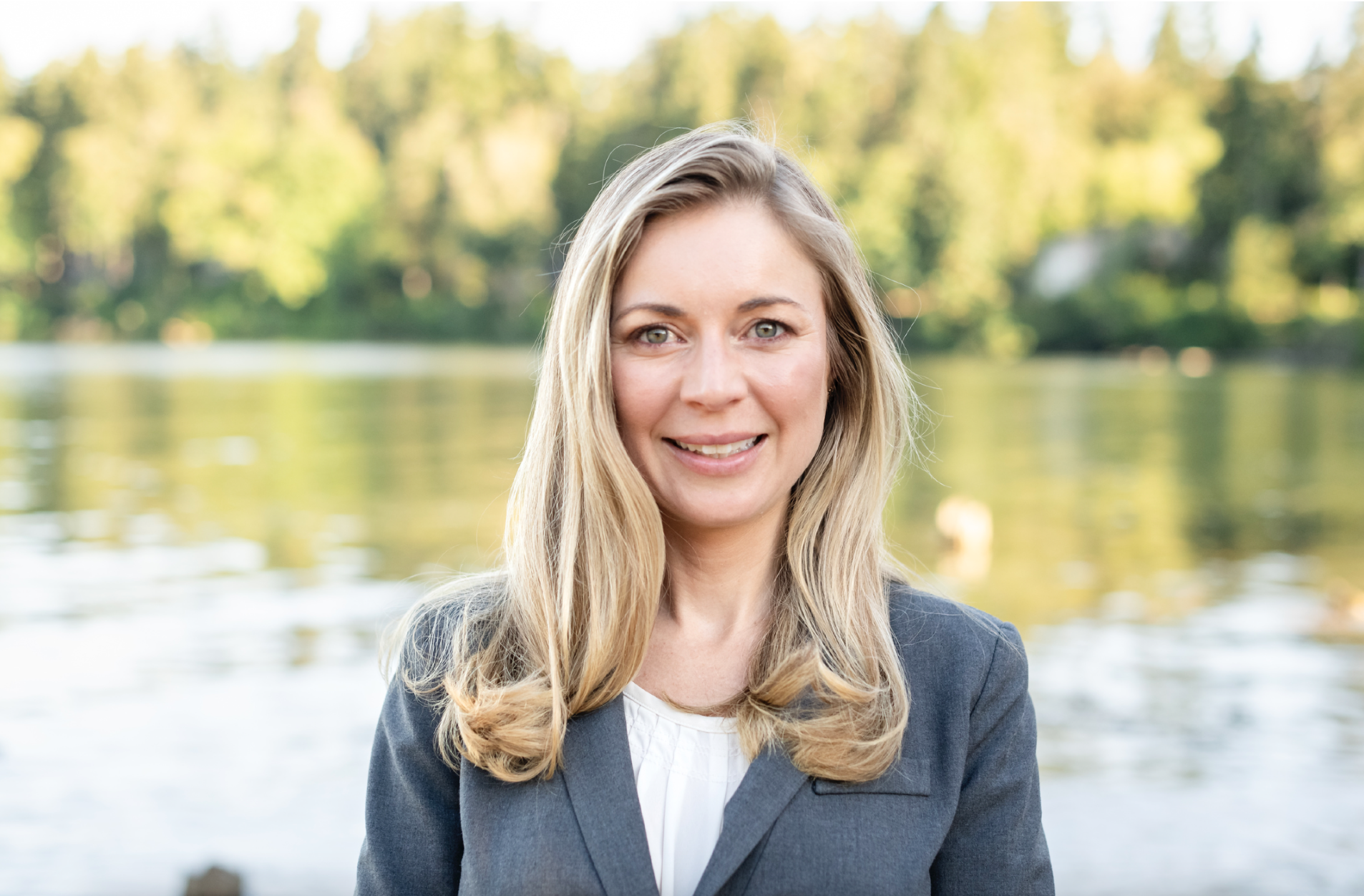Produced by Converge Media, the Film Will Be Shown at The Iconic Egyptian Theater During Seattle’s Scope Screenings
On Tuesday night, June 25, a new documentary film made by Converge Media, “Nooksack 306,” will premiere during the Scope Screenings Film Festival. A trailer for the movie can be watched here.
The short digital movie dives into the struggle faced by Indigenous people who are being disenrolled by tribal politicians and threatened with losing their homes and being exiled from their homelands.
Converge Media profiles members of the group of disenrolled Nooksack Indigenous people known as the Nooksack 306. Last year, the family allowed the filmmakers access to their daily lives in Deming, Washington, sharing the story of their twelve-year political persecution.
“We are proud to be able to help tell this story and share the message of the challenges that are facing the Nooksack 306,” said Converge Media’s Head of Production, Alaia D’Alessandro. “This film highlights Converge Media’s dedication to uplifting the voices of those who’s stories need amplification and we hope it will raise awareness and make a difference.”
Following a lack of human rights protection by both the Trump and Biden administrations, the United Nations has twice intervened, raising concerns about the unlawful disenrollment of the Nooksack and related ejectment of several Nooksack families from federally subsidized homes they are entitled to own, without any legal protections.
“Having been denied access to the courts and any human rights protection from this country, the Nooksack 306 have taken their fight to the United Nations and the court of public opinion,” said the Nooksack families’ lawyer, Gabe Galanda. “This is an existential fight for the ages.”
With the United Nations poised to further intervene, pressure is mounting upon the Biden administration, particularly U.S. Interior Department Secretary Deb Haaland, to take some action to protect the Nooksack families’ internationally recognized human rights to housing and belonging.
“It is time for the Biden administration to be consistent about international human rights,” continued Galanda. “Right now, the administration appears highly inconsistent. The United States actively professes to be a beacon of human rights protection abroad, while ignoring egregious human rights violations at home.”
The Nooksack families most recently called upon Secretary Haaland to halt their evictions, which appear imminent. Secretary Haaland is the first Indigenous cabinet Secretary in American history, and she possesses complete authority over Indigenous affairs and lands.
The protracted legal and political battle has ramifications across generations, as grandparents, parents, and children have been catapulted into the fight to remain in their community and keep their homes, many of which have been in the families for decades. This film tells the story from the perspective of those whose voices have been stifled, sharing their Indigenous traditions and amplifying their pleas for support.
Empowered by the movie, the United Nations’ unprecedented interventions, and other public support, the Nooksack 306 say they aren’t going anywhere.
“We have always been Nooksack and will always be Nooksack,” said Michelle Roberts, who, as a spokesperson for the Nooksack 306 and a credited producer of the documentary, is facing housing eviction. “We have no intention of abandoning our homes or homelands. We belong, our ancestors belonged, and we are staying put.”















